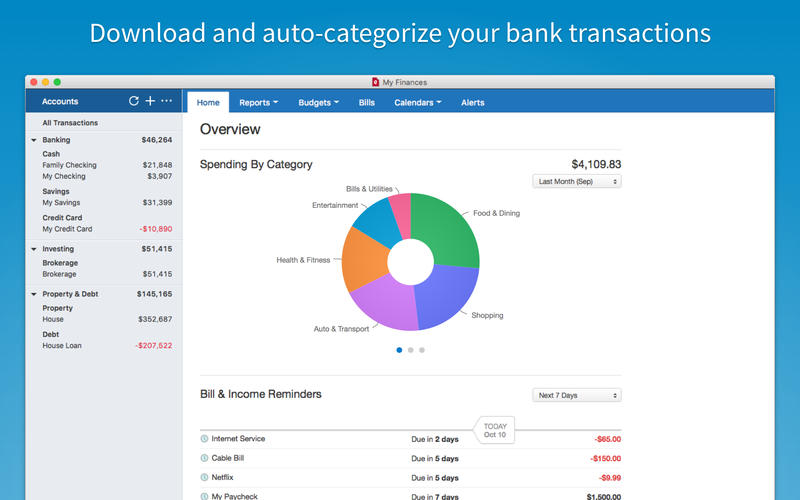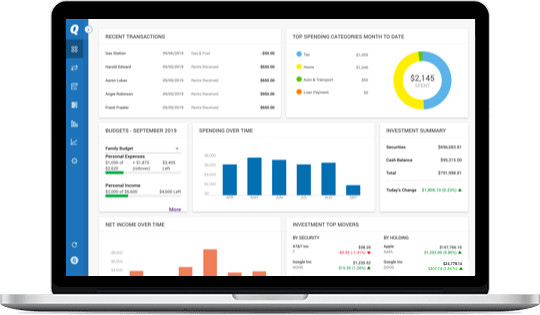

Traditional banks also can leave taxpayers on the hook, the researchers note. The company has denied any wrongdoing and is fighting the charges. Justice Department sued Quicken for millions of dollars in FHA-insured loans that went bad, accusing the company of misrepresenting borrowers’ income and credit scores in order to qualify their mortgages for FHA insurance. If borrowers default on those loans, taxpayers are stuck with the bill. Shadow lenders immediately resell almost all the loans they originate, and they sell about 85% of those mortgages to government-controlled entities, such as Fannie Mae and Freddie Mac.Īlthough shadow lenders have dramatically stepped up their loans to riskier borrowers, they remain dependent on federal backstops, just as traditional banks do.

“Knowing that it was government-subsidized institutions ‘funding’ the shadow banks was an important finding,” Seru says. The study also finds that shadow banks are at least as dependent on federal backstops and guarantees as traditional banks are.

The study does find, however, that the shadow lenders have dramatically stepped up their loans to riskier borrowers with lower incomes and credit scores. The new study - coauthored by Amit Seru at Stanford Graduate School of Business, Greg Buchak and Gregor Matvos at the University of Chicago, and Tomasz Piskorski at Columbia University - is agnostic on that question.

Quicken Loans, which owns the online lender Rocket Mortgage, has grown eight-fold since 2008 and is now among the three biggest mortgage originators in the nation.Ĭould shadow banks, free of traditional regulation, plunge into the kind of reckless mortgage lending that nearly wrecked the economy a few years ago? In part because of lighter regulation, as well as technological advantages, shadow lenders have enjoyed spectacular growth at the expense of their brick-and-mortar rivals. They also aren’t subject to most traditional bank regulation. “Shadow banks” lend money like regular banks but don’t use bank deposits to finance that lending. | iStock/SavushkinĪn eye-popping new study by researchers at Stanford, Columbia, and the University of Chicago finds that nonbank “shadow” lenders write 38% of all home loans - almost triple their share in 2007 - and that they originate a staggering 75% of all loans to low-income borrowers insured by the Federal Housing Administration. Shadow lenders are dominating the mortgage market in communities with lower incomes and higher unemployment.


 0 kommentar(er)
0 kommentar(er)
